Sing Faster: The Stagehands' Ring Cycle (1999) Online
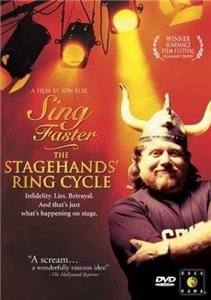
- Original Title :
- Sing Faster: The Stagehandsu0027 Ring Cycle
- Genre :
- Movie / Documentary / Music
- Year :
- 1999
- Directror :
- Jon Else
- Type :
- Movie
- Time :
- 1h
- Rating :
- 6.8/10
With its four operas, seventeen-hour running time and months of rehearsal, Wagner's "Ring Cycle" is a daunting undertaking for any opera company. Jon Else goes backstage to show this rare event entirely from the point of view of union stagehands at the San Francisco Opera.
| Cast overview: | |||
| Kenneth 'Spike' Kirkland | - | Spike |
The film was shot with only one 16mm camera on Fuji 500 ASA stock.
In one scene, the image on a television set from an episode of Die Simpsons (1989) was replaced with footage of atom bomb tests that John Else already had the rights to after Fox told him it would cost $10,000 to show the cartoon footage.
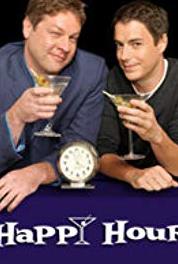
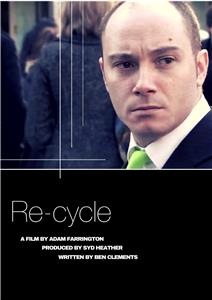

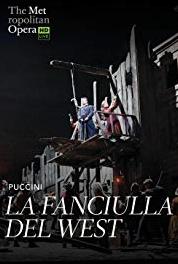

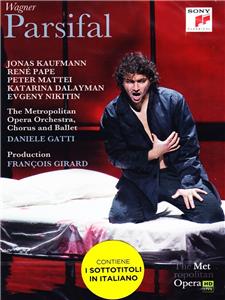
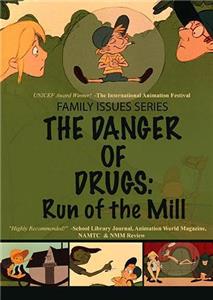
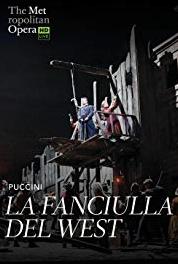
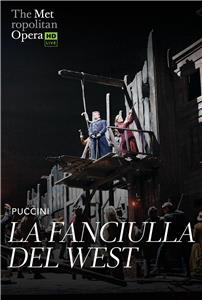

User reviews